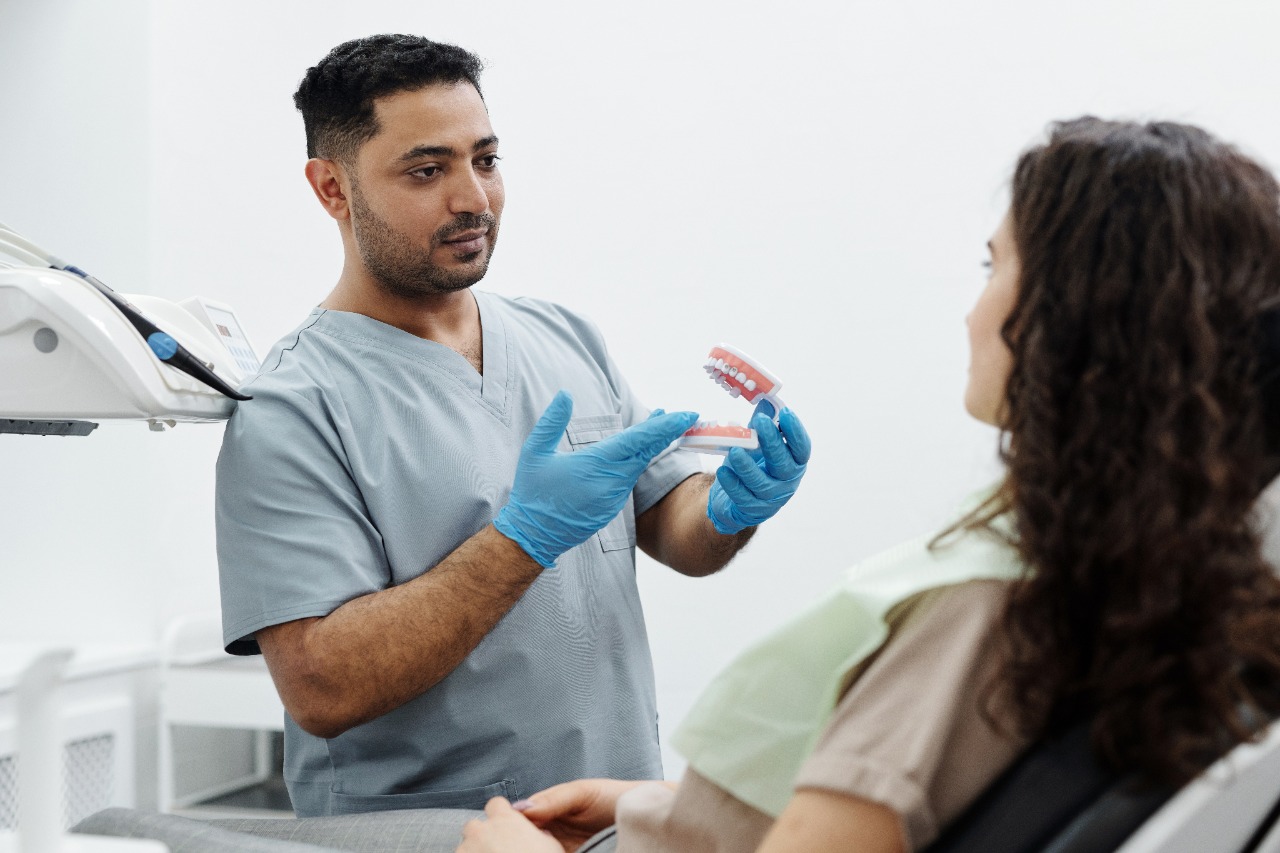
So your dentist in Long Grove has diagnosed you or your child with an impacted tooth. What exactly does that mean, and how concerning is it? Not to worry, impacted teeth are pretty common, especially in children and teens. While an impacted tooth is most often associated with wisdom teeth, in reality, any tooth can become impacted and needs to be treated by your dentist sooner rather than later.
In short, an impacted tooth occurs when a tooth does not erupt through the gums as it’s supposed to. Baby teeth will probably start to emerge when your child is only a few months old, fall out a few years later, and be replaced with adult teeth. Then, in teenage years or young adult years, wisdom teeth will begin to erupt. However, this process doesn’t always happen smoothly, and a tooth can not erupt at all or only erupt a little bit, thus becoming impacted.
An impacted tooth can happen for any number of reasons, and the cause varies from person to person. Your dentist in Long Grove can help identify why or even catch it early. Some of the most common causes of an impacted tooth are:
It’s important to know that not every case of an impacted tooth will have symptoms. This is pretty common with a tooth that’s fully impacted. However, there are some key signs that may indicate a partial impaction or perhaps a full impaction.
If you notice any of the above, schedule an appointment with your dentist in Long Grove as soon as you can.
Treatment will vary depending on the severity of the impaction, symptoms, cause, and if there’s a risk to other parts of the mouth. Sometimes your dentist will recommend simply leaving the tooth alone, however, most times, especially with wisdom teeth, the impacted tooth will need to be removed. If the impacted tooth isn’t a wisdom tooth, oftentimes orthodontics will be used to create room and pull the tooth into its proper place.
Making sure that your entire family sees your dentist twice a year is important for many reasons. Monitoring tooth erupting is one of them. Regular exams and x-rays will help your dentist identify any impacted teeth early and make recommendations for proper treatment before problems can arise. If impacted teeth are not caught early and they do need treatment, several complications can occur, such as:
Even though an impacted tooth may be scary at first, know that your dentist is here to help ensure you get the right treatment at the right time to avoid problems in the future.